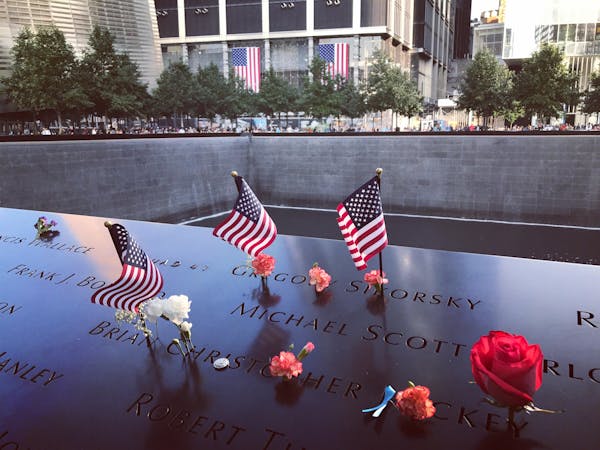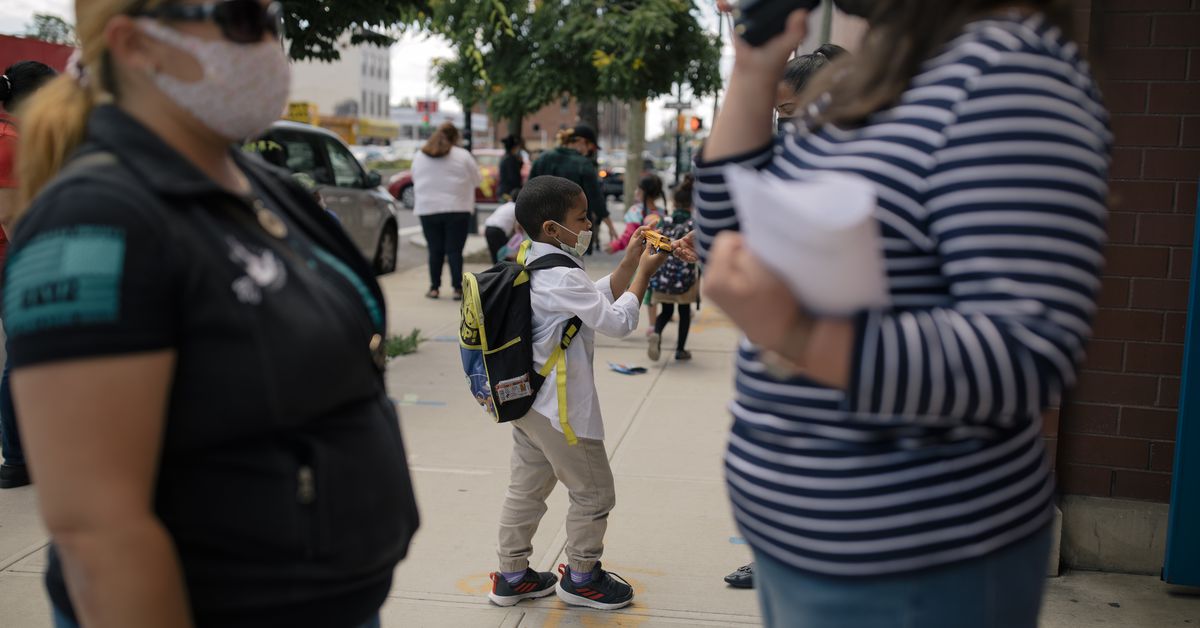Education rises as a pivotal issue among likely voters in race for Boston mayor, poll finds
“The Boston public school system is obviously a concern of the September likely voters,” said David Paleologos, director of the Suffolk University Political Research Center, which polled 500 people who are likely to vote in the Sept. 14 preliminary election. “I’ve heard anecdotally about private schools in the city getting higher enrollments and people concerned about their kids’ education.”
Nearly 18 percent of those polled selected education and schools as the most important issue that will affect their vote. That figure is within the margin of error of the 20 percent who named housing as their top issue and the 19 percent who selected racism, justice, and equality, the poll found.
The poll comes amid rapid change and uncertainty in the school department. A Boston public schools task force recommended Tuesday that Boston make sweeping changes to the admission criteria for the city’s exam schools to give priority to disadvantaged students.
The district’s leadership is also in flux. The School Committee is expected Wednesday to vote on extending Superintendent Brenda Cassellius’s contract for two years. The committee has also come under scrutiny after three of its members, including two chairs, resigned amid controversies. Acting Mayor Kim Janey, who is also running for mayor, has announced she will seek to fill the two current open seats on the board.
Anita Lauricella, a 66-year-old Jamaica Plain resident who participated in the survey, said she has seen many of her friends move out of the city when they have children in search of a better school system.
“I appreciate how important it is to the city’s vitality to get its act together around education,” said Lauricella, who does not have children.
Paleologos said that three decades ago, education was a “single-digit” issue, lagging way behind the economy and health care, and, later, terrorism and gun violence. But the issue has been “bubbling” up lately, he said, citing the pandemic and other concerns parents have about college admissions and the quality of their children’s education.
Education is also the number one issue among the so-called Boston base, which include the high-voting neighborhoods of West Roxbury and Hyde Park, which represent about a quarter of the vote in the preliminary election, Paleologos said.
Twenty-seven percent of those polled in those neighborhoods said education is their main topic, compared to 18 percent who picked racism, justice and equality, 17 percent for housing, 14 percent for the economy and jobs, and 13 percent for crime.
In communities of color, education — at 18 percent — was tied with racism, justice, and education as the second-most-popular issue. Housing topped that list at 21 percent, followed by economy and jobs, 14 percent; crime, 11 percent; and police reform, 6 percent, the poll showed.
Kimberly Watkins, a 47-year-old Dorchester resident who has grandchildren in the Boston school system, said she is eager to see the candidates sit down with parents, offer help for teachers, and try to figure out what is best for students.
“It’s very critical. Our kids have very little outlets [to succeed] . . . I just feel the school system is not at a good point at all‚” said Watkins, who participated in the poll.
The candidates for mayor are Councilors Michelle Wu — who along with Janey is pulling ahead of the pack — Andrea Campbell, and Annissa Essaibi George. The other candidates are state Representative Jon Santiago, former Boston chief of economic development John Barros, and political unknowns Robert Cappucci of East Boston and Richard Spagnuolo of the North End.
On the question about the test, voters were asked if they support or oppose permanently dropping the use of an entrance test to determine which students gain admission to the exam schools: Boston Latin School, Boston Latin Academy, and the John D. O’Bryant School of Math and Science.
The poll found that overall 48 percent oppose dropping the test and 42 percent support a test-free entrance process. Nine percent were undecided.
“It appears that people are torn [on this issue], but when you dig a little bit, you can see the delineation,” Paleologos said.
For example, in the West Roxbury and Hyde Park base — which Paleologos calls “a driver” for education issues — 63 percent oppose scrapping the test, compared to 30 percent who support such a move.
Respondents in communities of color and those who live on the south side of the city were evenly split on the issue. But 50 percent of likely voters in the central part of the city supported a test-free admissions process, compared with 40 percent who oppose it, the poll found.
On another popular education topic, an overwhelming majority of those polled do not support a School Committee whose members are appointed solely by the mayor, the poll found.
Only 6 percent backed an appointed school board. By contrast, 48 percent signaled support for a committee whose members were both elected by voters and selected by the mayor. And 39 percent said they would support an elected school board.
Responses to a question about whether Boston should remove police officers from its schools were also mixed. Forty-seven percent of the respondents said no, while 40 percent said yes.
Jamie King, a 34-year-old union laborer from Dorchester who has two children in the city’s public schools, said the schools need friendly officers. ” We have to talk to kids so these kids are safe to [talk about] what’s going on,” said King, who participated in the poll.
The poll, conducted Wednesday through Saturday, has a margin of error of plus or minus 4.4 percentage points.
Meghan E. Irons can be reached at [email protected]. Follow her on Twitter @meghanirons.







